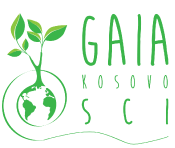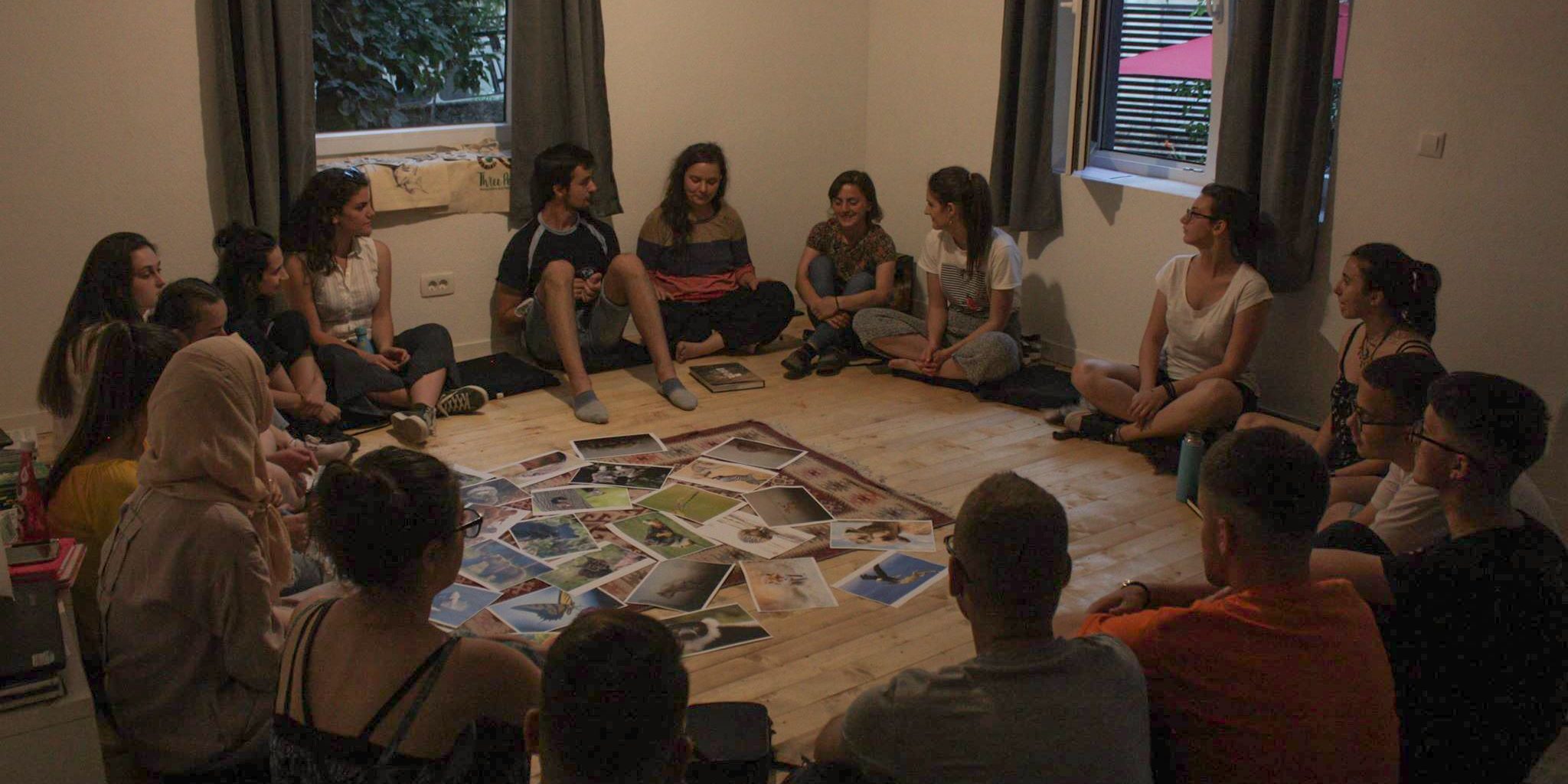“I think calling it climate change is rather limiting. I would rather call it everything change” – Margaret Atwood
This quote righteously captures the crisis we are facing today, and essentially what we have talked about during our first day in the Training 4 Climate Activists. It was a lovely day, extremely hot (surprise, surprise…), but really lovely. As a group of 25 young people coming from Macedonia, Kosovo, and Serbia, we felt at home as soon as we started. We felt free and united to share our points of view, and we learned from other perspectives regarding the current environmental concerns in our countries.
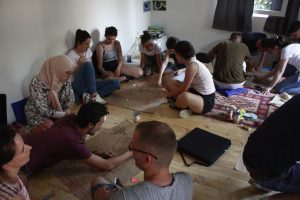
The day started off withan introduction, we were divided into groups of two. In this setting we answered three questions related to our environmental background, our fears, and our hopes for the future. We realised that we come from a range of different backgrounds, some were academically educated in the environmental field and some were self-taught environmentalists. One of the participants that is on the training is Safa, who among other passions shared her love of beekeeping. She has been engaged in beekeeping since she was a little girl, and she has witnessed the change in the bees’ behaviour. She noticed that the increase in temperature has affected their life cycle. One of the consequences she mentioned, is that the bees produce less honey, and that sadly a l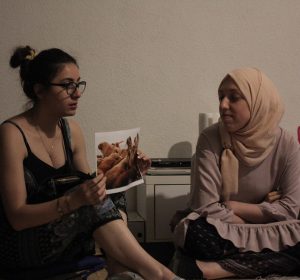 ot of them die because of the increase in temperature. Heatwaves, including the one that hit a record temperature this year, kill many of insects in our ecosystem. Safa also told us about her experience with a conference in Bangkok which engaged with the impact of climate change on refugees, with a special focus on Rohingya refugees. Displaced from Myanmar, they now live in refugee camps. Refugee camps were places that are extremely vulnerable to floods, landslides and other effects of climate change. During discussions in our group, we recognised that the case of the Rohingya refugees is only the beginning of the refugees’ sufferings related to climate.
ot of them die because of the increase in temperature. Heatwaves, including the one that hit a record temperature this year, kill many of insects in our ecosystem. Safa also told us about her experience with a conference in Bangkok which engaged with the impact of climate change on refugees, with a special focus on Rohingya refugees. Displaced from Myanmar, they now live in refugee camps. Refugee camps were places that are extremely vulnerable to floods, landslides and other effects of climate change. During discussions in our group, we recognised that the case of the Rohingya refugees is only the beginning of the refugees’ sufferings related to climate.
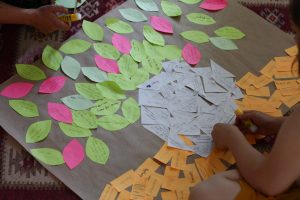
When we spoke about the fears that we had regarding climate change and the future, the team addressed almost all the problems that our planet is facing. Participants tackled issues about air pollution, deforestation, sea-level rise, and droughts. Even though we were faced with quite harsh facts regarding the changes in our ecosystems, economy and our planet, we spoke a lot of “hope”. The special thing about the first session is that the entire group had similar hopes for the future. We all expressed our hopes and wishes for cooperation, activism, and change. In a video that we watched together, Greta Thunberg said: “Don’t look for hope, look for activism.” Hence, we engaged with each other and shared opinion. We talked about human rights and how in a few years, many of these rights might need to be reinforced, in the best case, and protested for, in the worst of cases. Nonetheless, we felt quite hopeful and we realised that the young people of our countries are getting more and more aware of what is happening, of the problems affecting our cities and our rural landscapes.
This years topic for the Anibar Animation Film festival is Hopes and Fears, which inspired the opening of the training
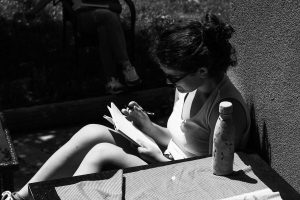
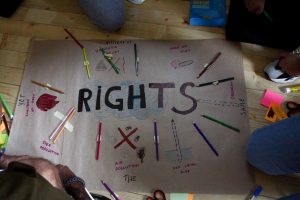
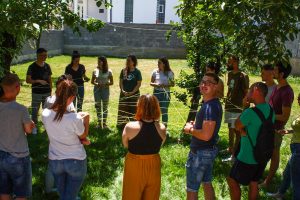
[This blog was written by a participant of the training]
This grant is supported by the ‘Civil Society programme for Albania and Kosovo’, financed by the Norwegian Ministry of Foreign Affairs and managed by Kosovar Civil Society Foundation (KCSF) in partnership with Partners Albania for Change and Development (PA). The content and recommendations do not represent the official position of the Norwegian Ministry of Foreign Affairs and Kosovar Civil Society Foundation (KCSF).
